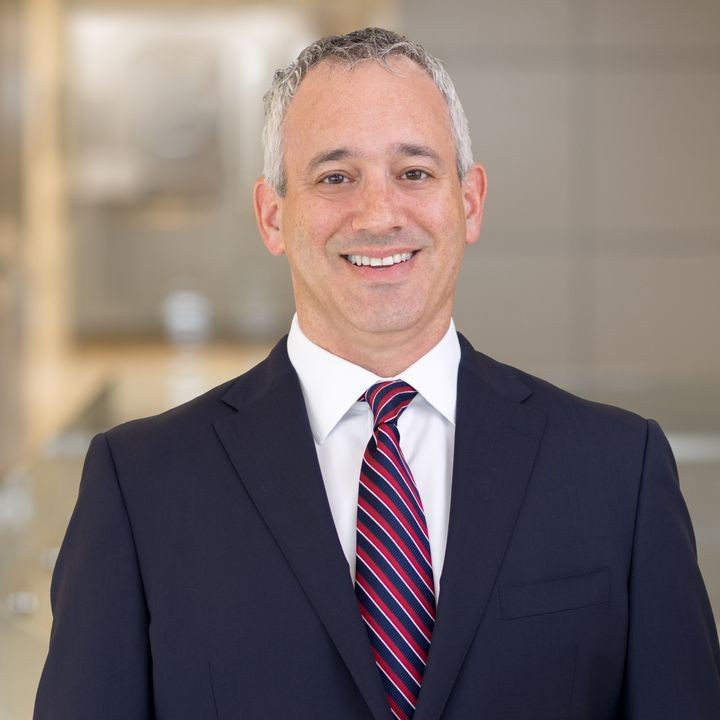Supreme Court to Hear CMS COVID-19 Vaccine Mandate Case — Meanwhile, CMS Releases Updated Guidance for Health Care Facilities
Client Alert | 3 min read | 01.06.22
This is an update to our November 5, 2021 alert on the CMS vaccine mandate.
On January 7, 2022, the Supreme Court will hear oral argument on the Government’s emergency applications to stay the Missouri,[1] Louisiana,[2]and Texas[3] district court injunctions of the Centers for Medicare & Medicaid Services (CMS) interim final rule (IFR) requiring health care workers at facilities enrolled with Medicare and Medicaid to be fully vaccinated as a condition of participation. These injunctions have halted implementation of the IFR in 25 states.
In light of the evolving litigation, CMS initially announced that it had suspended its enforcement activities in the remaining, non-injuncted 25 states pending future developments. But,on December 28, 2021, CMS reversed its prior position and announced that it will begin enforcement of the vaccine mandate in facilities located in the 25 states not subject to the judicial injunction.
Importantly, CMS modified the compliance dates in its most recent announcement.
Phase 1: By January 27, 2022, all health care facilities subject to the IFR must:
- Develop and implement policies and procedures for “ensuring all facility staff, regardless of clinical responsibility or patient or resident contact are vaccinated for COVID-19;” and
- Demonstrate that 100% of facility staff have received at least one dose of a COVID-19 vaccination, have been granted or are presently seeking a qualifying exemption, or must delay vaccination as recommended by the CDC.
But a facility with staff that is over 80% compliant and that has a plan to achieve 100% staff vaccination within 60 days will not be subject to additional enforcement action beyond a notification of noncompliance.
Phase 2: By February 28, 2022, all health care facilities subject to the IFR must:
- Continue implementing COVID-19 vaccination policies; and
- Demonstrate that 100% of facility staff have received all necessary doses to complete a COVID-19 vaccination series, have been granted or are presently seeking a qualifying exemption, or must delay vaccination as recommended by the CDC.
Facilities with an over 90% compliant staff and plans to achieve 100% compliance within 30 days will not be subject to additional enforcement action beyond a notification of noncompliance.
Phase 3: Facilities failing to maintain 100% compliance (meaning all staff have received all necessary doses to complete a COVID-19 vaccination series, have been granted or are presently seeking a qualifying exemption, or must delay vaccination as recommended by the CDC) by March 28, 2022 may be subject to additional enforcement action. The CMS announcement states that enforcement action for nursing homes, home health agencies, and hospice could include civil monetary penalties, denial of payments, or, in the most extreme cases, termination from participation in Medicare and Medicaid. For noncompliant hospitals and other acute and continuing care providers, the sole enforcement remedy is termination. But CMS couched this by stating that its goal is compliance, not termination, and that termination would occur after a facility has been afforded a chance to make changes and come into compliance.
This is all, of course, subject to a decision from the Supreme Court that could impact CMS’ intended enforcement actions. We will continue to monitor the litigation and provider updates. The Court will also hear oral arguments on OSHA's vaccine-or-testing regime for all businesses with 100 or more employees on the same day.
[1] See State of Missouri et al. v. Biden et al., No. 4:21-cv-01329 (E.D. Mo. Nov. 29, 2021).
[2] See State of Louisiana et al. v. Becerra et al., No. 3:21-cv-03970 (W.D. La. Nov. 30, 2021).
[3] See State of Texas et al. v. Becerra et al., No. 2:21-cv-229 (N.D. Tx. Dec. 15, 2021).
Contacts
Insights
Client Alert | 4 min read | 03.04.26
Sixth Circuit Finds EFAA Arbitration Bar to Entire Case — Not Just Sexual Harassment Claims
The United States Court of Appeals for the Sixth Circuit held, in an issue of first impression for that court, that the Ending Forced Arbitration of Sexual Assault and Sexual Harassment Act of 2021 (EFAA) renders an employer’s pre-dispute arbitration agreement unenforceable as to a plaintiff's entire lawsuit, whenever the lawsuit includes a viable sexual harassment claim.
Client Alert | 3 min read | 03.02.26
Client Alert | 4 min read | 03.02.26
Client Alert | 3 min read | 02.27.26




